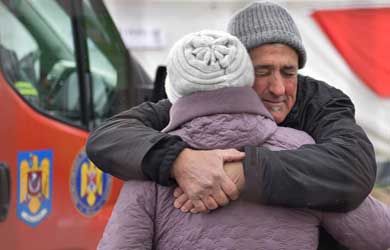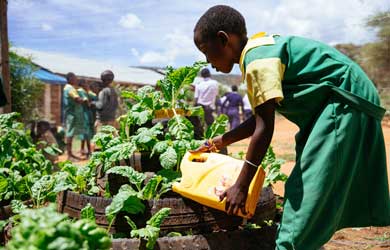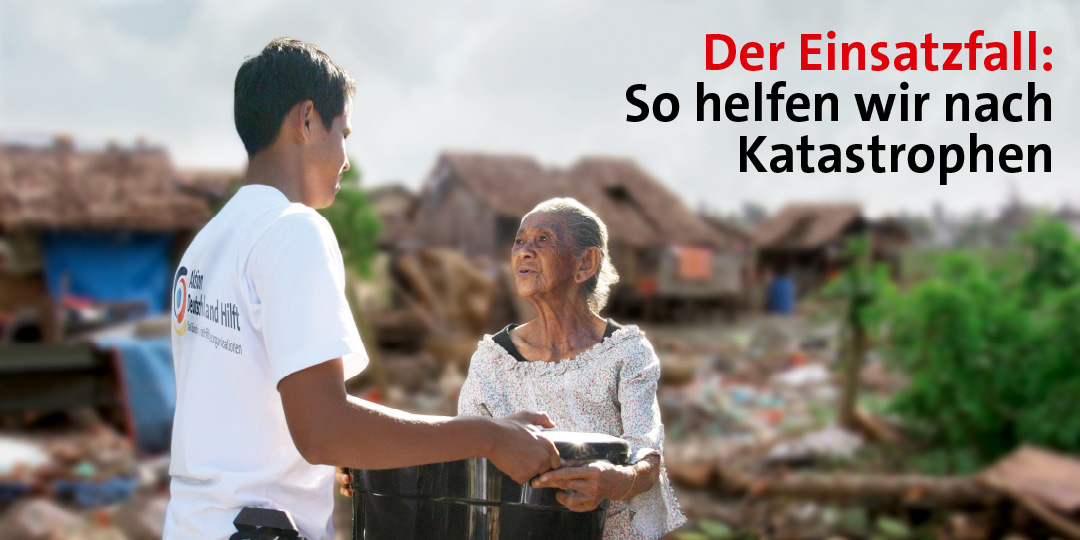Results (Fußnote 3)
The findings show that large parts of the densely populated delta have a limited capacity to migrate themselves, and up to 20% would refuse to voluntarily participate in any governmental relocation program. As becoming “trapped” in unsafe and uninhabitable places due to SLR, Alexandria will face a significant amount of Internally Displaced People (IDPs) which will have to be accommodated in the delta.
Moreover, if relocation programs are being implemented that are not designed and tailored according to peoples’ preferences and requirements, as the current conditions in Egypt suggest, especially the lack of adequate housing and income opportunities would force people to live in informality and result in livelihood deprivation and, potentially, also displacement and conflict:
• Income security risks: Due to a number of trends in sector specific economic framework conditions as well as SLR exposed households’ livelihood structures, particularly farming and fishing households are at risk to long-term unemployment when aiming to re-enter their former employment market in the course of relocation.
Factors include (1) farmers’ loss of large parts of productive agricultural land due to SLR and the continuous decline of the agricultural sector and employment market as a consequence of increasing land scarcity (land degradation, urbanization processes) and low investments in this sector; and (2) the lack of farmers’ and their household members’ flexibility to engage in other income opportunities (due to homogeneous household employment profiles in farming).
• Housing security risks: The situation of the Egyptian housing market is paradoxical. Whereas oversupply exists for high-end housing (housing vacancy, 31% alone in Greater Alexandria), housing shortage is virulent for low and middle income segments. 12-15 Million people in Egypt have inadequate access to housing (Jacobs and Hossam 2008) and in Alexandria 40% of the city’s population lives in squatter settlements (The World Bank & GOPP 2008). As a remaining legacy of the “Arab Socialism” in the 1950ies (Nasr rule), the housing rental market is very small and inflexible. Due to a law granting life time tenant protection, owners have little means to acquire personal use of their owned houses. Legally fixed low rental prices at the level of the 1950s and high construction costs hamper investments in renovation and provide little incentive for the development of a housing market for low and middle income groups. Thus, taking SLR in Alexandria into account, the absence of a rental and real estate market for affordable housing will give rise to even more informality in the future. Policies to enhance the development of an affordable housing market should include liberalization of the tenancy law, including the cancelation of dismissal protection and fixed rent prices as well as the development of a housing credit market system. Moreover, subvention policies and incentives are needed that allow for the realization of publicly and privately invested affordable housing projects (Jacobs and Hossam 2008).
Conclusions
Assessing potential (livelihood) security concerns arising from the massive challenges posed by the relocation of communities due to future SLR is important in order to raise awareness of these concerns and challenges. It will also play an important role in providing decision-making support to governments, urban planners and decision makers to incorporate sea-level rise and relocation planning into current policy agendas. Appropriate incentive-based relocation programs tailored to people’s needs, values and requirements are needed to reduce conflict which might arise as a result of non-participation in and the mismanagement of specific relocation programs. Policies dealing with climate change and sea level rise in Egypt today, should already include risk based land use policy, as well as focus on transformations in employment structures away from agriculture and fishing. The Egyptian housing market needs to be developed in order to enable the provision of housing in the future. The identification of potential relocation sights in advance; vocational training, the creation of employment and opportunities in various employment sectors; and the provision of socially acceptable housing would be of great benefit with regards to increasing participation in and the sustainability of planned relocation programs. Thereby, the immediate participation of exposed households in relocation planning can help to ensure the uptake of those aspects.
The research has been carried out within the framework of the EC funded research project “Climate Change, Hydro-Conflicts and Human Security” (CLICO) (www.clico.org)
Fußnoten
(1) Extrapolation of past and current trends of investigated issues into the future, by applying the same directions and rates of change within thsese variables
(2) People’s relocation preferences were studied by using a household survey based discrete choice analysis.
(3) Further readings: Gebert, N., Kloos, J., Birkmann, J., Rosenfeld, T., (2012) Emerging risks: Sea level rise and potentially forced and planned relocation - Case study from Greater Alexandria, Egypt, unpublished CLICO case study paper.
- Seite 1
- Seite 2
© Bündnis deutscher Hilfsorganisationen: Spenden & helfen
Schirmherr & Kuratoriumsvorsitzende

Bundespräsident a. D. Horst Köhler & Außenministerin Annalena Baerbock: Erfahren Sie mehr!
Spendenkonto Nothilfe weltweit
IBAN: DE62 3702 0500 0000 1020 30
Stichwort: Nothilfe weltweit
Bildergalerien
Der Einsatzfall: So helfen wir nach Katastrophen
Geschichte des Bündnisses: Unsere Hilfseinsätze
Infografiken
Jeder Beitrag zählt: Der Weg Ihrer Spende
Multimedia
Podcast: Geschichten aus unserem Bündnis
Podcast: So funktioniert Aktion Deutschland Hilft
Reportage: 20 Jahre Aktion Deutschland Hilft
Weitere Informationen
Transparenz & Kontrolle: Warum Sie uns vertrauen können
Stiftung Deutschland Hilft: Satzung








